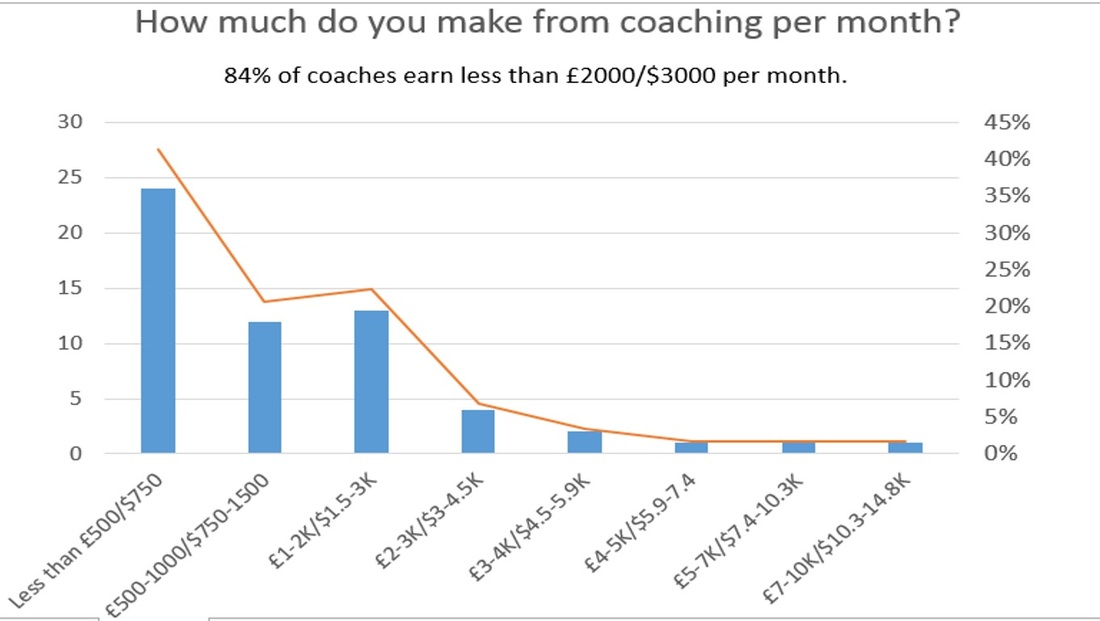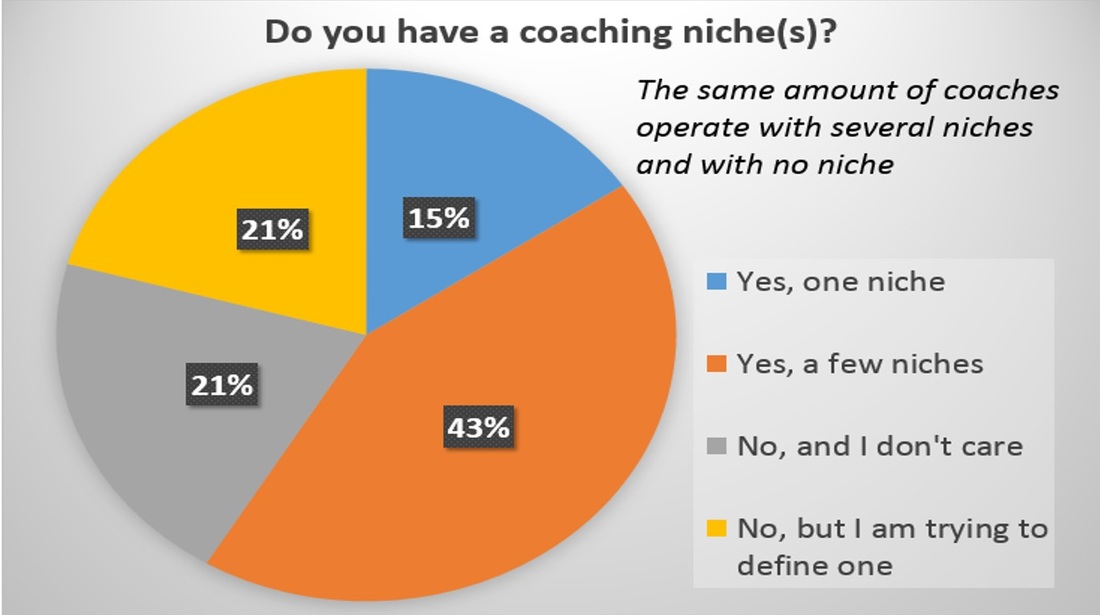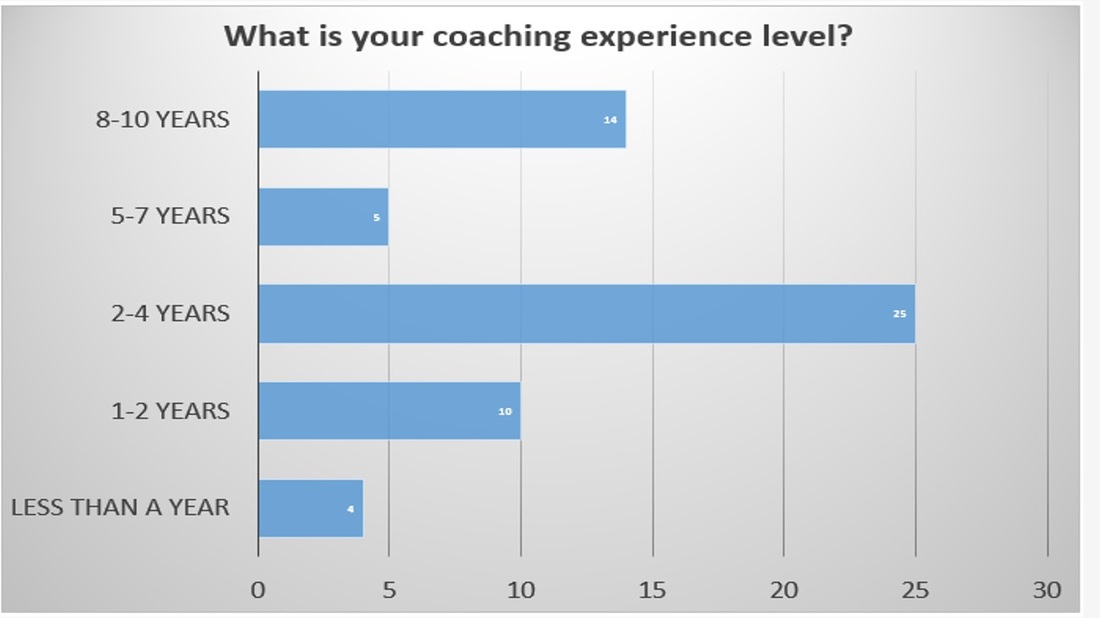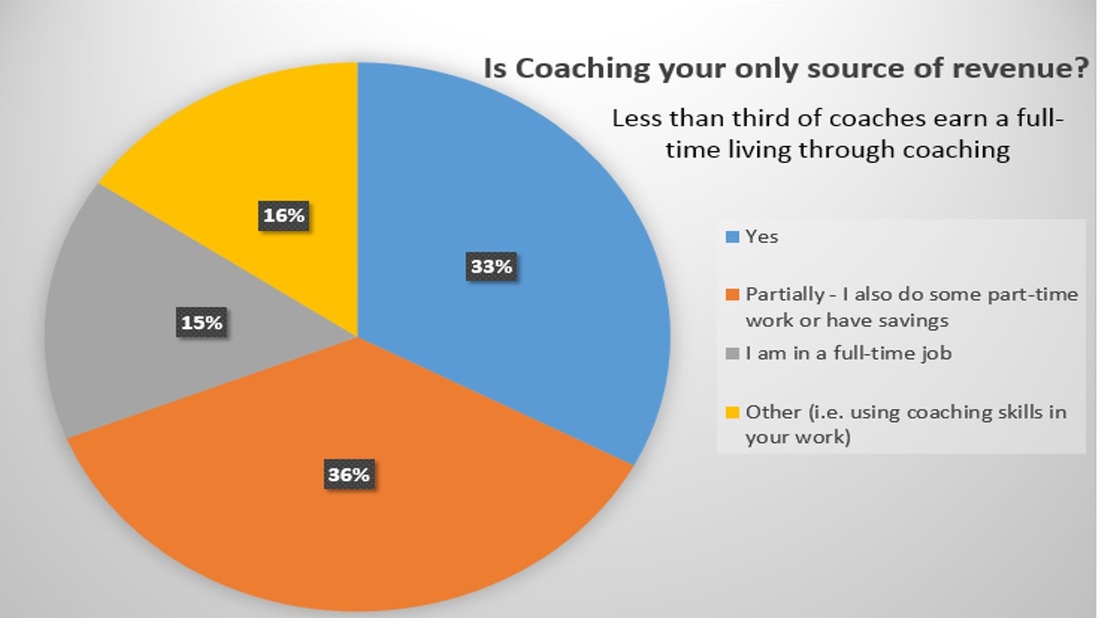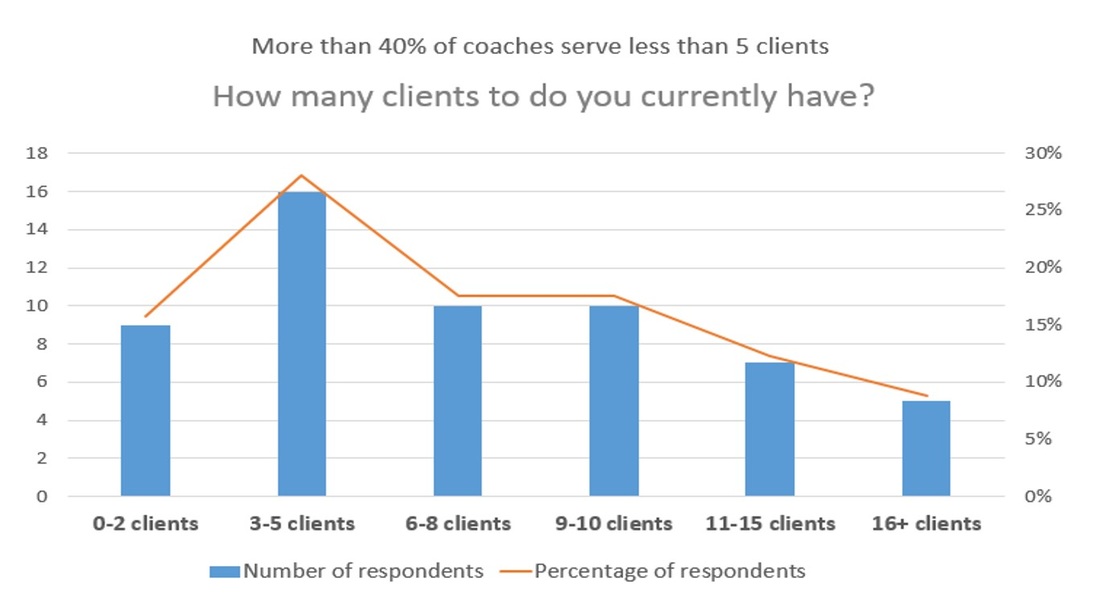Lola, my former colleague, has always been seen as a peacemaker, and her presence and voice would calm the most demanding clients. In this new episode of Sensitive and Successful, she shares, how her sensitivity helps her deal with the most difficult people, talks about the importance of finding the right organizational culture for a highly sensitive person to thrive at work, the strength of sensitive people as managers and leaders, and the importance of understanding and reframing the story you tell yourself about yourself. And I absolutely love the sound of her voice :)
What story do you tell yourself about yourself and your sensitivity? Reply in comments to this post!

